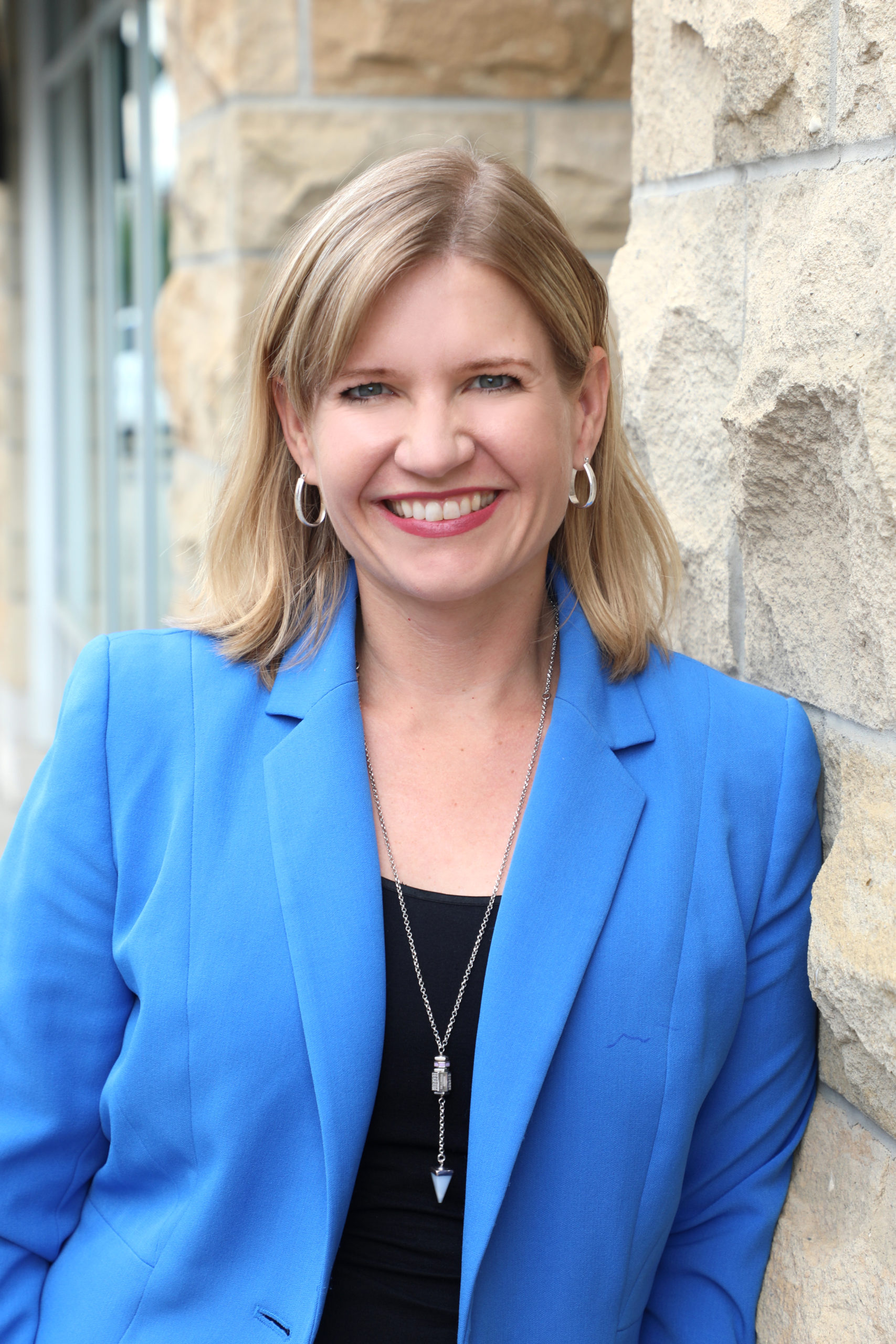Organizations are finding themselves seeing the light at the end of the pandemic, and now it’s decision-time. Leaders are asking themselves and each other: how should my post-pandemic workplace look? How has my leadership evolved after such a tumultuous period? How will I need to lead in our future workplace?
Notably, organizations are grappling with whether they should return to the office and the pre-pandemic way of working, or push forward to create a hybrid arrangement for their employees. Most organizations, in order to compete in the war for talent, will opt for the latter.[i]
This is the third and final article in the Work EvOHlution™ Post-Pandemic Leader blog series. Throughout this series, we’ve zeroed in on what we predict to be the critical levers of Post-Pandemic Leadership. While Part 1 looked at post-pandemic organizational culture, and Part 2 explored how to foster inclusion in the hybrid workplace, the final critical lever of Post-Pandemic Leadership is enabling flexibility in the post-pandemic workplace.
Flexibility
Some leaders may mandate that their teams adopt hybrid, remote, or purely office work based upon the leader’s own anecdotal experiences and personal preferences. For example, we all know leaders who have loved the remote work experience resulting from the pandemic, whereas others have loathed it. These differences are based on their unique preferences and personality, and are not necessarily the best work mode for their team members.
 According to recent Angus Reid research[ii], 39% of Canadian employees would “roll with it and return to the office” if their employer demanded a return. While 44% would either quit and start looking for a new job immediately, or go back to the office while possibly looking for a new job. These numbers show how varied individual preferences are, but that flexibility is a key value for many. Leaders must keep this wide range of preferences in mind when curating their workplace arrangement.
According to recent Angus Reid research[ii], 39% of Canadian employees would “roll with it and return to the office” if their employer demanded a return. While 44% would either quit and start looking for a new job immediately, or go back to the office while possibly looking for a new job. These numbers show how varied individual preferences are, but that flexibility is a key value for many. Leaders must keep this wide range of preferences in mind when curating their workplace arrangement.
Further, according to a Deloitte survey of 1,000 white-collar U.S. professionals[iii], 94% of professionals say they would benefit from work flexibility, with the main advantages being mental health benefits, and better work-life integration. Although, many (80%) still agree that working in the office is important for their career. Again, a combination of office and home settings is key. Lastly, more than half of respondents (52%) believe leaders and managers have the greatest impact on advancing the culture of flexibility in their organization.
More than half of respondents (52%) believe leaders and managers have the greatest impact on advancing the culture of flexibility in their organization.
Rather than leaders imposing their personal preferences onto their team’s work location, leaders need to use a participative, involvement-based, and job-requirements-based approach. Leaders need to consider all aspects of their employee’s experience, and be much more deliberate and holistic when designing their post-pandemic plan.
Leaders need to consider all aspects of their employee’s experience, and be much more deliberate and holistic when designing their post-pandemic plan.

How many days per week does the employee want to work from home? Is this feasible based on their job requirements, such as:
What are the communication and coordination demands involved in this person’s role, and can they feasibly be achieved remotely, at least some of the time? These are the types of questions that should guide decisions about the use of hybrid work, rather than a leader’s personal, arbitrary preference or management style. The leader of the future will be flexible, accommodating, and empathetic.
The leader of the future will be flexible, accommodating, and empathetic.
Call to Action
We believe, based on the recent workplace trends and data, that incorporating flexibility into the post-pandemic workplace will be key to attracting and retaining talent. Leaders would be well-served by supporting and enabling a flexible workplace.
What is the best way to help your leaders develop the skills needed to effectively support flexibility in the hybrid workplace? First, leaders should receive feedback on their leadership style and coaching on leader effectiveness in a hybrid world. The Distributed Leader Profiler is a leading psychometric assessment of the traits and skills required for effective Relationships, Flexibility, and Productivity in a hybrid work world. Expert coaching helps leaders understand their strengths and areas for development as they navigate the New World of Work.
 Additionally, busy leaders need regular touch points with bite-sized learning opportunities supported by a blending learning environment. The CONNECTED path at Humance is based on tried and tested practices organized into Remote Leadership Fundamentals, offering leaders the opportunity to learn and develop cutting-edge skills in only 1 hour per week, over 8 weeks. The knowledge acquired and goals set during this path are applied immediately in the leaders’ day-to-day activities in the hybrid or distributed workplace.
Additionally, busy leaders need regular touch points with bite-sized learning opportunities supported by a blending learning environment. The CONNECTED path at Humance is based on tried and tested practices organized into Remote Leadership Fundamentals, offering leaders the opportunity to learn and develop cutting-edge skills in only 1 hour per week, over 8 weeks. The knowledge acquired and goals set during this path are applied immediately in the leaders’ day-to-day activities in the hybrid or distributed workplace.
About Work EvOHlution™
Before hybrid and distributed work became topics that took over the world, the Work EvOHlution™ team had already spent nearly a decade studying the effectiveness of remote work, consulting globally with organizations, and implementing strategies to transform workplace cultures.
Now part of the Humance team, Work EvOHlution™ increases performance and commitment in remote and hybrid workplaces globally.
[i] Baker, M. (Jul, 2020). Gartner Survey Reveals 82% of Company Leaders Plan to Allow Employees to Work Remotely Some of the Time. Gartner. Link
[ii] Angus Reid (Aug, 2021). Quitting Time? Nearly half who prefer to work from home would look for a new job if forced back post-pandemic. Link.
[iii] Deloitte (Feb, 2020). Deloitte Survey: Most Professionals Take Advantage of Flexible Work Options Despite Perceived Consequences to Professional Growth. Link.
Dr. Laura Hambley

Dr. Laura Hambley is an Industrial/Organizational Psychologist based in Calgary, Alberta. Laura is co-founder and President of Work EvOHlution™, which creates innovative assessment and developmental supports for mobile/remote employees, leaders and teams. Laura is an experienced consultant and entrepreneur who is passionate about addressing the critical role of leadership, work styles/personality, and team dynamics as they relate to distributed work. Over the past 17 years Laura has published extensive research on the critical success factors for effectively leading distributed teams and has developed and delivered seminars on distributed teams for organizations, universities, and international conferences. In addition to Work EvOHlution™, Laura co-founded Canada Career Counselling (Toronto/Calgary), the Leadership Success Group, and leads a team of workplace psychologists across Canada.
Dr. Tom O’Neill

Tom is a professor of organizational psychology and Co-Founder of Work EvHOlution™. He is a leading expert in the areas of team dynamics, distributed teams, conflict management, personality, WORKshift, and assessment. Over the past 11 years, Tom has worked with organizations in numerous industries including oil and gas, healthcare, technology, government, and venture capitals. Tom has published over 60 peer-reviewed journal articles in outlets such as Journal of Applied Psychology, Journal of Management, Academy of Management Learning and Education, Organizational Research Methods, Computers in Human Behavior, and Human Resource Management Review, and he has worked extensively to translate the science of flexible remote work into practice through consultations, workshops, public lectures, training, and other resources. His research funding exceeds $6M and he currently leads a lab team of 15, which includes doctoral, post-doctoral, and masters candidates, as well as undergraduate students and staff members. He is currently engaged with the Haskayne School of Business and the Schulich School of Engineering at the University of Calgary to train, develop, and cultivate soft-skill teamwork competencies in order to equip graduates with strong interpersonal and communication capabilities.
***
Work EvOHlution™ has been a world leader in remote work success since our launch in 2014. We are a Calgary-based team of Organizational Psychologists committed to enhancing engagement and performance in distributed workplaces. We offer innovative assessment tools for leaders, teams, and employees based on research conducted since 2003, as well as consulting, coaching, and training solutions. Work EvOHlution™ specializes in supporting organizations both locally and internationally.
1-587-354-3444 | [email protected]
www.workevohlution.com